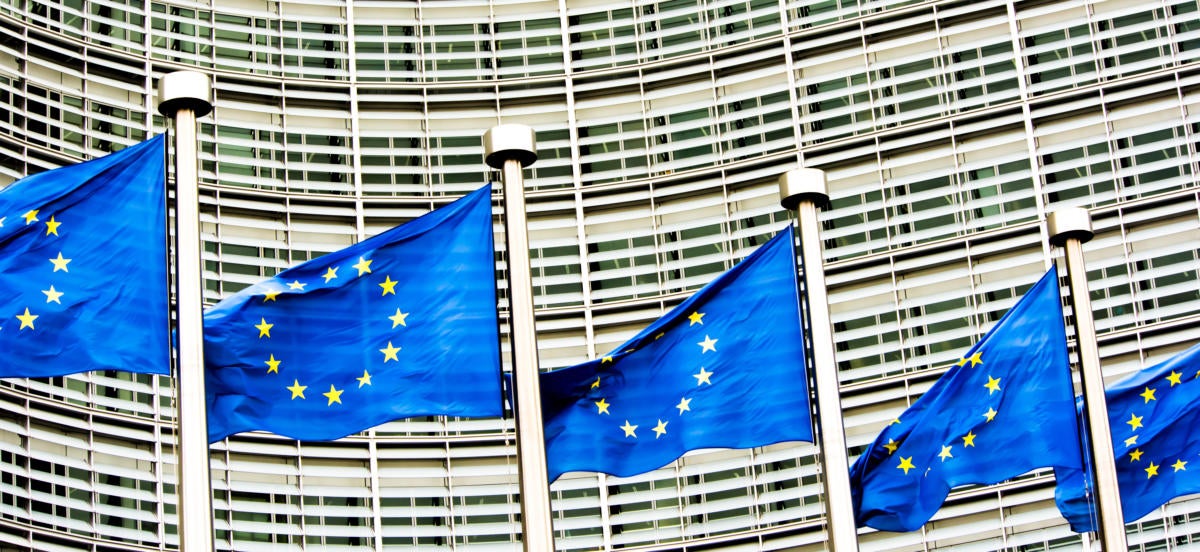
Apple and Microsoft are attempting to circumvent the European Union’s Digital Markets Act (DMA) by arguing that neither iMessage nor Bing are sufficiently popular enough to be regulated by the legislation.
The DMA was approved in July 2022 and is designed to rein in the power of large tech corporations such as Apple, Amazon, Google and Meta, forcing them to change how they integrate digital services and handle customer data.
It enables a range of antitrust action while also addressing issues including the right to uninstall software on devices, greater personal data access controls, enhanced advertising transparency, an end to vendors self-preferencing their own services, and a stop to certain restrictive app store requirements for developers.
The legislation is set to target large companies—called “gatekeepers”—that provide “core platform services” and are most likely to enact unfair business practices. This includes companies with a market capitalization of at least €75 billion ($81 billion) or sales in Europe of over €7.5 billion, at least 45 million monthly users in the EU, and which provide certain applications such as web browsers, virtual assistants, and messaging or social media services.
The EU is set to publish the list of gatekeepers that will be subject to the legislation on September 6.
However, Microsoft has argued that Bing should not be subject to the same regulatory obligations as its rival Google, according to a report by the Financial Times, as Bing only has around a 3% market share and under the obligations placed on platforms by the DMA, Microsoft would be required to give users the choice of other search engines, which the company argues could offer a further boost in market share for Google.
Apple has separately argued that iMessage does not meet the 45 million active monthly userthreshold to be designated a gatekeeper and therefore should also not be subject to the legislation. Apple hasn’t published official figures regarding the number of iMessage users for several years, but as the chat feature comes prebuilt onto every iPhone, iPad, and iMac, it could have as many as 1 billion global users.
The European Commission said it had no comment about arguments put forth by the tech companies, while Microsoft and Apple have yet to respond to requests.
Microsoft’s argument may be reasonable, but Apple’s is a headscratcher
“Microsoft’s arguments may hold some weight,” said Zach Meyers, senior research fellow at the Centre for European Reform, who said the company could reasonably argue that a platform with a 3% market share is not an “important gateway” for businesses.
He added that while there may be some concern around Microsoft’s vast ecosystem and its aggressive promotion of Bing, the search engine’s low market share illustrates how insurmountable Google’s lead is, even with Microsoft throwing everything at it.
However, Meyers said Apple’s argument had left him scratching his head and it was difficult to see how iMessage doesn’t meet the monthly user threshold.
“Unlike with Bing, iMessage plays an important role keeping users within the iOS ecosystem and clearly lawmakers wanted it regulated,” Meyers said. “We’ve seen Apple play hardball in the UK already, with appeals to slow down investigations and regulation. This now looks like the strategy in the EU.”




















